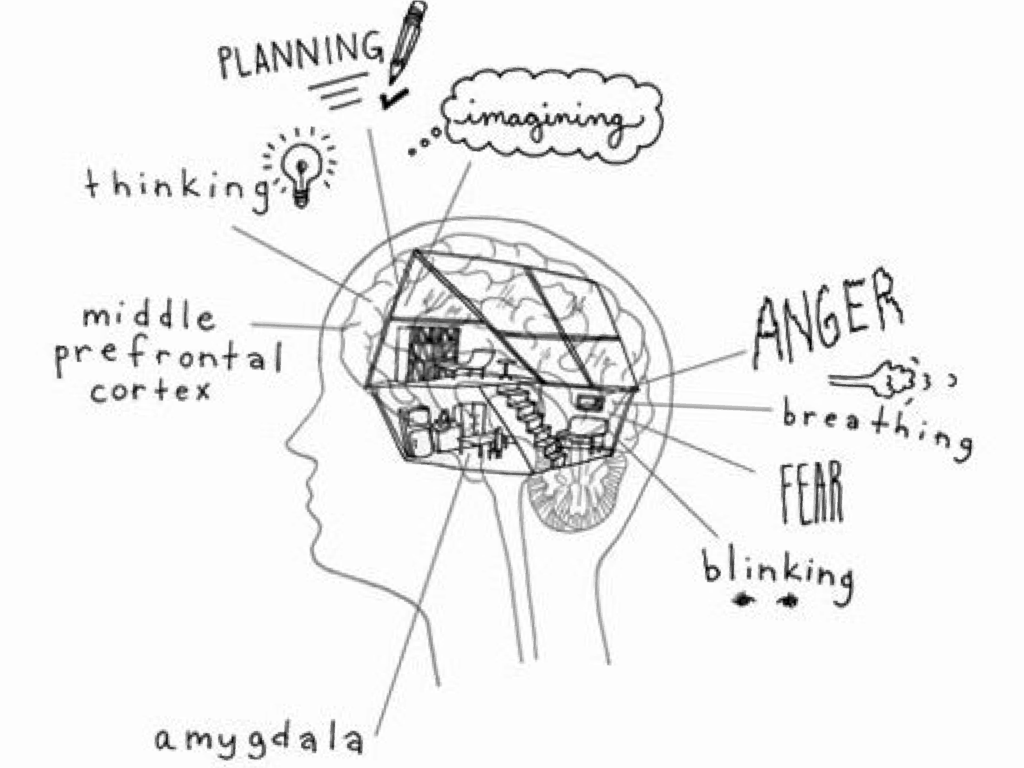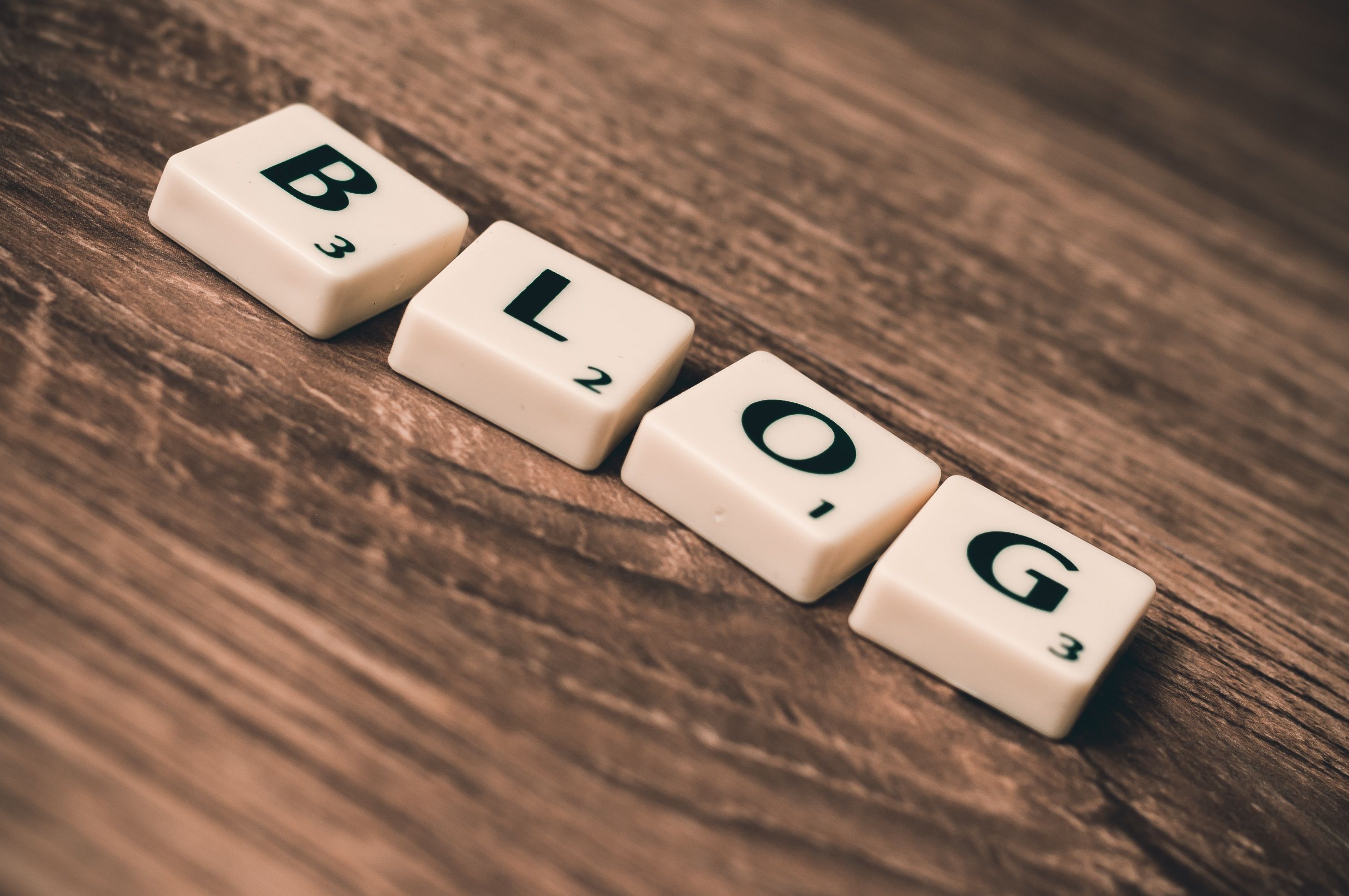
Anxiety is a basic human emotion and often results from a sense of threat. Anxiety = emotional pain. Anxiety can also be helpful. It enables us to recognize threats, and it can promote change.
However, when anxiety is too intense and lasts for too long, it causes dysfunction.
• We lose concentration – all we see is threat.
• We lose our ability to learn, to be creative and to explore options.
• We default to lower brain/survival behaviors – behaviors that are automatic, instinctive, reactive, defensive.
Some common reactions to crisis and trauma:
• Physical – Fight or flight response, we freeze, feel shock, exhaustion
• Cognitive – We blame, feel confusion, over focus on images in our minds
• Emotional – We feel anxiety, guilt, apprehension, panic
In times of anxiety, it is important that we access the higher parts of our brain that deal with understanding, planning, determining what’s out of our control, what’s in our control, what we want to do, what we can do, what we will do. Deep breathing, meditation, mindfulness exercises, finding a time and a place to be calm is important to access the higher parts of our brains. We often say that the goal is to a less-anxious presence (non-anxious is probably not possible) as we move forward in responding (not reacting) to whatever has brought on the anxiety.
Its important for leaders in an anxious organization to deal with their own anxiety before dealing with the anxiety of the organization. It’s also important for adults to deal with their own anxiety, the anxiety that is stirred up within them, separately from dealing with the anxiety of their children.
If we can help, please feel free to contact us.

